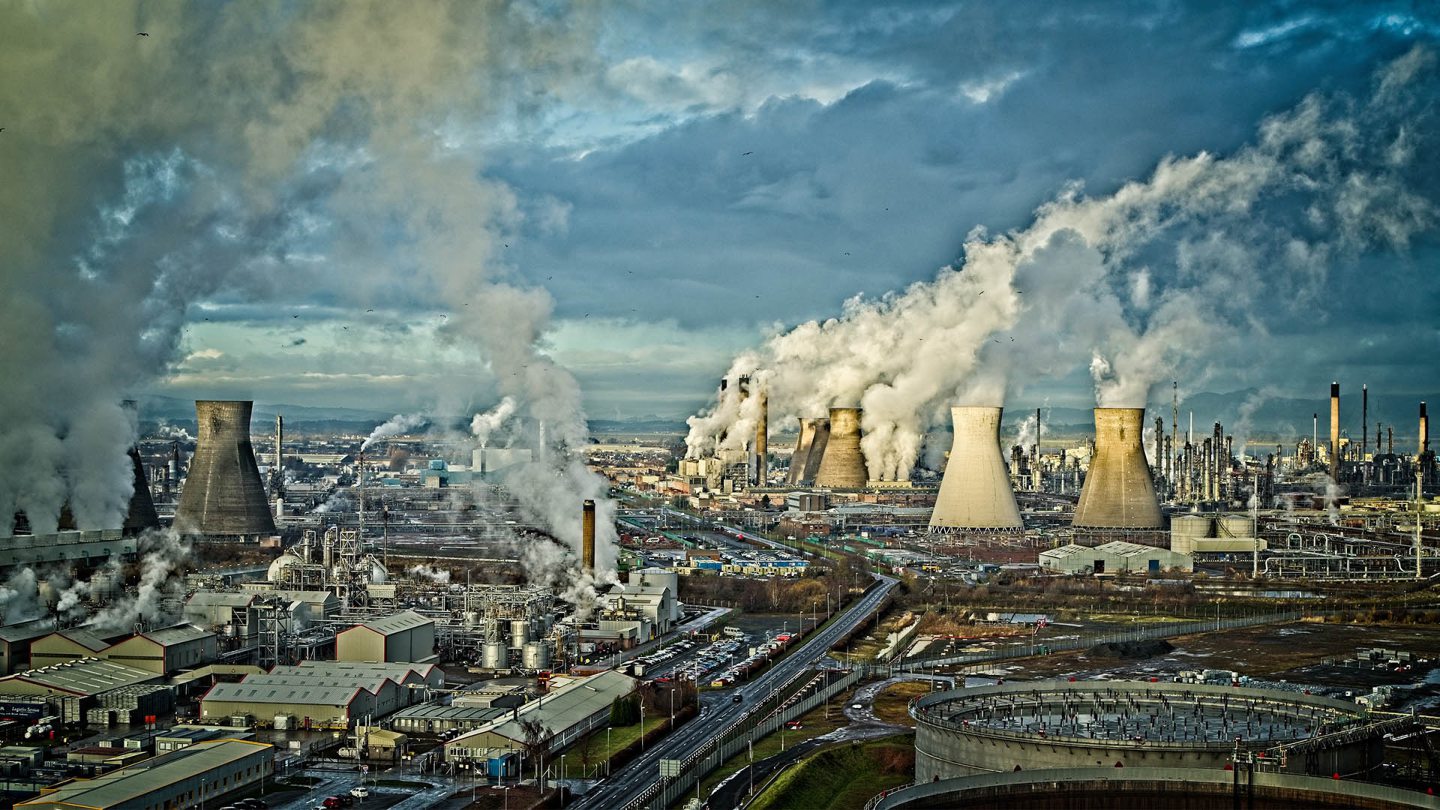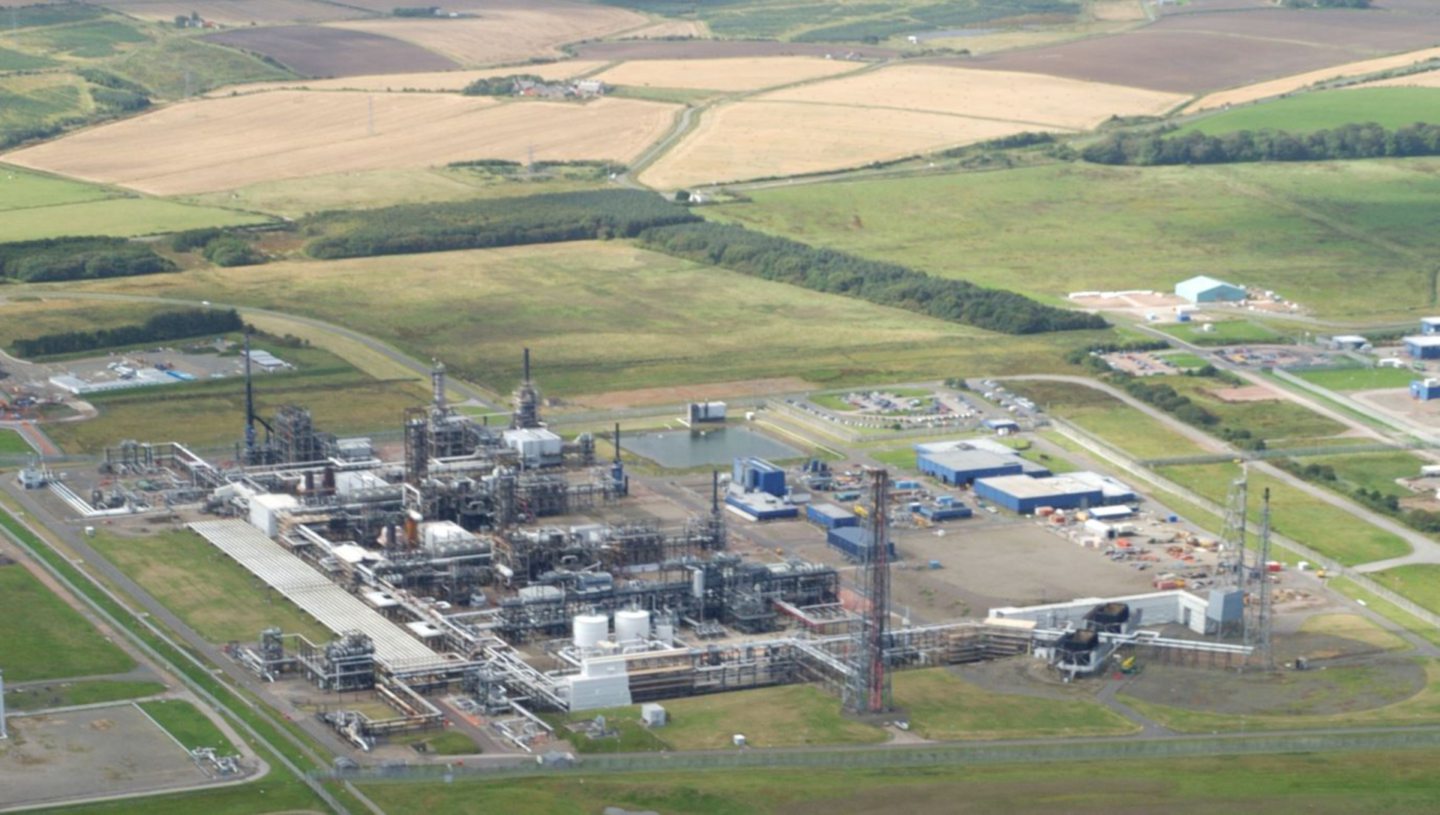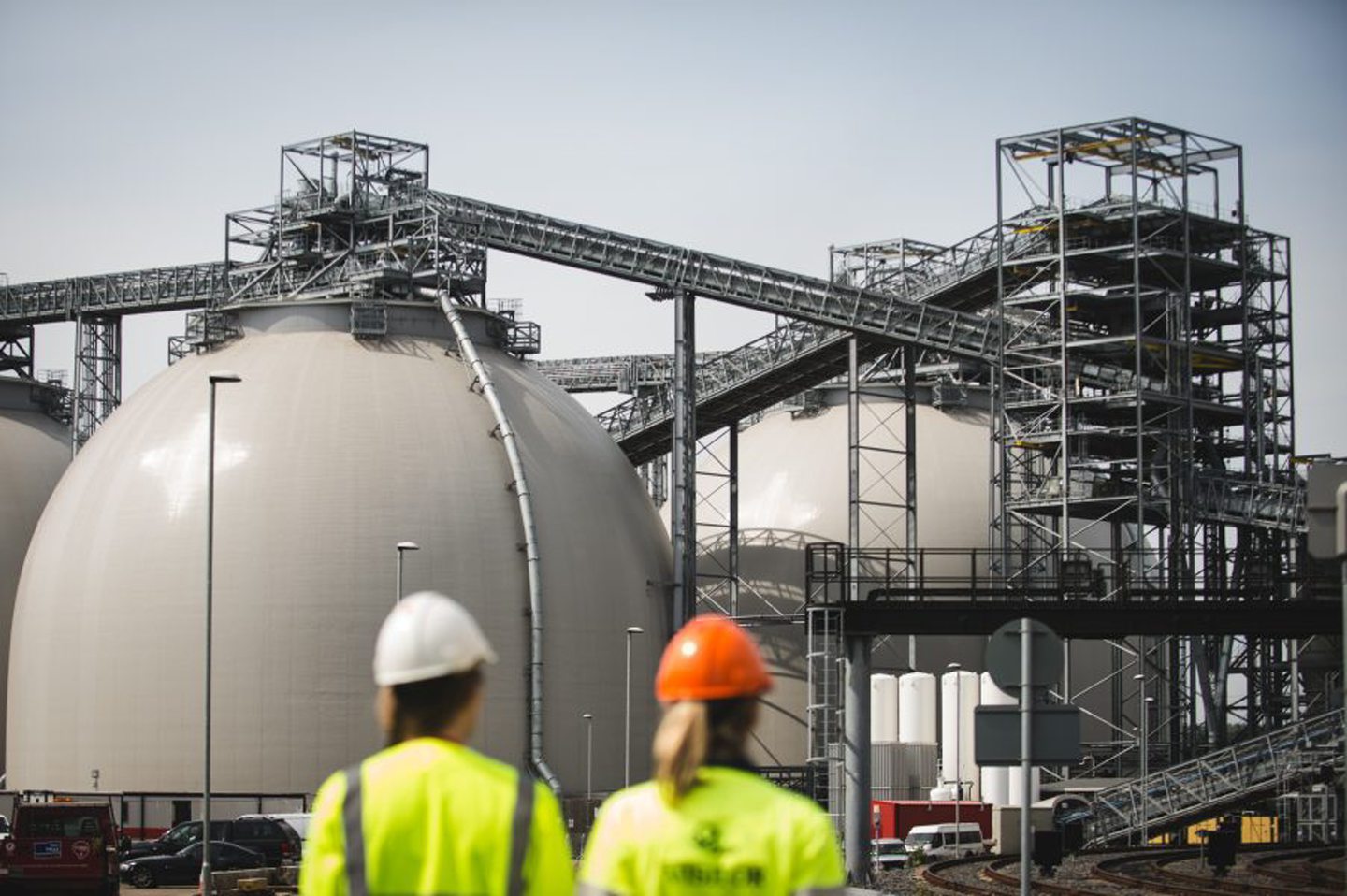World
Scottish Cluster forecast to add £17.7bn to UK economy by 2050

A plan to use carbon capture technology to create a Scottish net zero industrial cluster could bring an estimated £17.7 billion in economic benefit to the UK economy by 2050.
The Scottish Cluster project involves capturing CO2 emissions from heavy industrial emitters, predominately located in the Central Belt.
The project will then transport captured CO2 via pipeline to the Acorn Project near Peterhead for permanent storage beneath the North Sea.
A joint venture between Storegga, Shell, Harbour Energy and North Sea Midstream Partners, Acorn received UK government funding in 2023.
Nearly a year later, the Scottish Cluster has released its economic impact assessment outlining the project’s potential economic and jobs benefits.
Scottish Cluster jobs boost
Based on analysis by Edinburgh-based Biggar Economics, the report looked at the economic impact of the Scottish Cluster’s transport and storage infrastructure, as well as 14 carbon capture projects up to 2030.
It estimated that of the £17.7bn in economic benefits the Scottish Cluster could bring to the UK economy, around £9bn will go to Scotland.
Over the course of development and construction, the Scottish Cluster estimates it will support 10,800 jobs, including 4,700 in Scotland.
Once operational, the project will support around 2,3000 Scottish jobs from a total of 4,700 across the UK.
By 2034, the cluster could safeguard an estimated 18,800 industrial jobs and around £1bn in economic value in the UK which would otherwise be lost. Of these jobs, around 62% (12,100) are located in Scotland.
The report states total investment in the development phase will reach up to £500m, with around 85% of spending in the UK (59% in Scotland).
Meanwhile, it forecast total construction investment for the cluster to reach £11.9bn, resulting in £7.1bn gross value added (GVA) to the UK economy.
Emissions impact
The industrial sites included in the Scottish Cluster emit an estimated 9.3 million tonnes of CO2 per year, accounting for around 80% of Scotland’s industrial emissions.
The sites include a range of Ineos facilities around Grangemouth, Shell’s Mossmorran plant, a cement factory near Dunbar and power stations near Glenrothes and Peterhead.
By 2030, the Scottish Cluster and Acorn partnership aims to capture and store between five and 10 million tonnes of CO2 each year.
As well as reducing emissions from Scottish industrial sites, the Acorn developers are also exploring options to receive CO2 shipments by sea at Peterhead.
A separate study conducted by the Centre for Energy Policy at the University of Strathclyde, which focused exclusively on the transport and storage element of the Acorn project, highlighted the importance of developing shipping options.
It found that if the Acorn project received emissions from the Scottish Cluster alone, the transport and storage components of the project could support up to 3,000 jobs and £300m in GVA gains.
However, this would rise to almost 5,000 jobs and close to £500m in GVA benefits if the project’s carbon sequestration capacity increased by 40% through the development of internal UK or overseas shipments.
Skills and worker shortages
Centre for Energy Policy director and the study’s lead investigator Professor Karen Turner said the research suggests there are “significant” potential jobs and economic benefits.
But the study also found realising the full economic benefits from the project hinge on action being taken to address labour supply and skills challenges.
“Benefits emerging across the wider economy could offset the costs of the investment needed and those of government support,” Professor Turner said.
“Yet, as with other efforts across the net zero space, a focus on addressing persistent skills and worker shortages is crucial.
“This is in terms of both maximising economic gains, and enabling a just transition that delivers sustainable and more equitable prosperity.”
Professor Turner said the UK government and industry must work together to consider the sequencing of UK CCUS projects to avoid competition for resources.
“This will be vital to ensuring that costs to projects, to the wider economy, and ultimately to taxpayers are not driven up unnecessarily,” she said.
“It will also ensure the timely completion of projects that are necessary for the UK to achieve its net zero goals.”
Acorn general manager Nic Braley said industrial carbon capture projects are not only an “environmental necessity”, but will allow UK industry to “remain competitive”.
“These transformative projects could be a national economic success story by creating up to 4,700 long-term, highly skilled jobs, diversifying supply chain opportunities, and supporting Scotland’s energy transition – all whilst securing the future of our energy intensive industries, and so safeguarding further tens of thousands of jobs across the UK,” Mr Braley said.
Carbon capture scepticism
While the UK government has set out its “vision” for creating a self-sustaining carbon capture, utilisation and storage market by 2035, the technology is not without its critics.
Recent analysis from financial think tank Carbon Tracker criticised the UK’s CCUS strategy as being “outdated and unrealistic”, and said it risks locking consumers into a “high-cost, fossil-based future”.
Carbon Tracker said the UK government should prioritise CCUS deployment in the cement sector rather than steelmaking, biomass power plants and blue hydrogen.
It follows a call from the International Energy Agency for oil and gas companies to let go of the “illusion” of “carbon capture solutions, particularly for projects which enable further fossil fuel extraction, and invest more in clean energy.
Globally, CCUS projects have also attracted criticism over high costs and failure to meet performance targets.
Recommended for you

Scottish researchers use AI to slash CCS system modelling time

 © Supplied by Scottish cluster
© Supplied by Scottish cluster © SYSTEM
© SYSTEM © Supplied by Shell
© Supplied by Shell © Supplied by Drax
© Supplied by Drax



